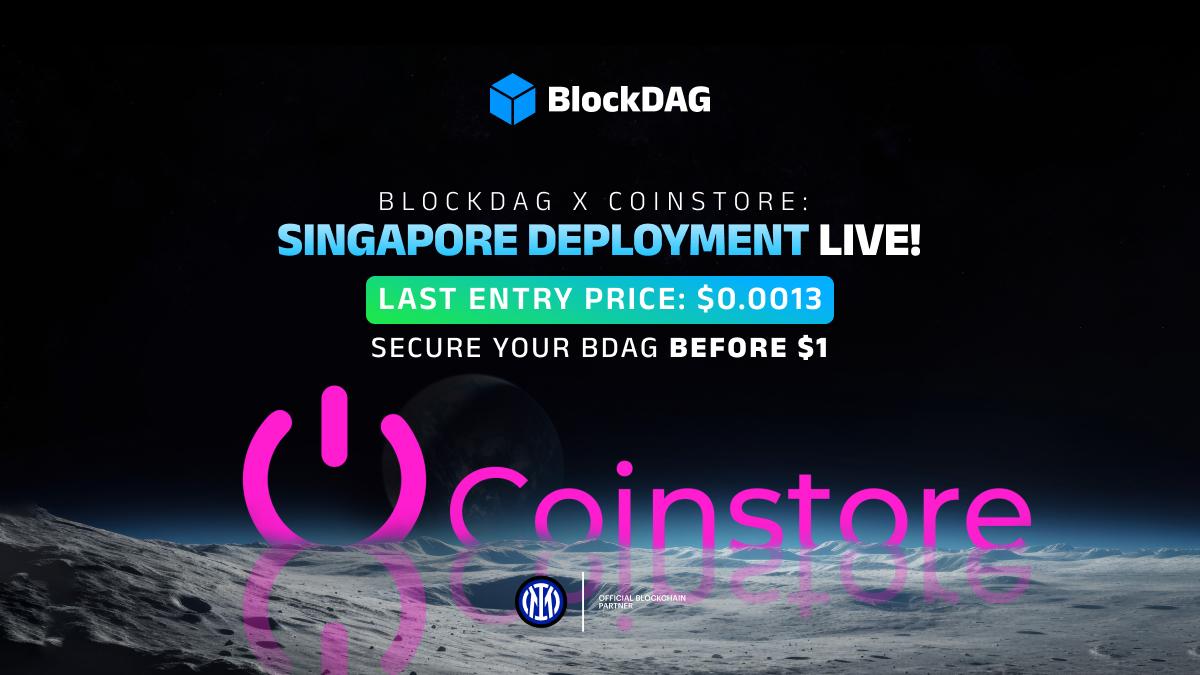Kazakhstan launches crypto cards in partnership with Mastercard
A bank in Kazakhstan has issued the country’s first crypto cards in partnership with Mastercard and an Astana-based cryptocurrency exchange.
The new payment instrument, which will allow users to spend their digital coins where fiat money is accepted, is undergoing trials as part of a soft launch.
Kazakhstan’s crypto cards to convert tether to tenge
Eurasian Bank, one of Kazakhstan’s commercial banking institutions, has launched the Central Asian nation’s first cryptocurrency cards in pilot mode. The release was announced during the Astana Finance Days forum, local media reported.
The cards have been developed together with Mastercard and the crypto exchange Intebix, with the support of the National Bank of Kazakhstan (NBK), the business news portal Inbusiness.kz noted in a post on Thursday.
A limited number of cards have been issued at this point to test the product in real conditions. They are currently used to pay for goods and services through Mastercard and Apple Pay terminals.
The crypto cards allow holders to make purchases using tether (USDT) and other stablecoins. The transaction fee is only 1%, the website detailed.
A daily limit on spending in the equivalent of $1,000 is still in place, and cash withdrawals and transfers are yet to be unlocked.
All payments are made in Kazakhstani tenge, after conversion, and exclusively in Kazakhstan’s jurisdiction. Clients’ crypto assets are stored in wallets hosted by Intebix.
The crypto card project was first presented during the Digital Almaty 2025 forum in January. The latest announcement marks the next stage in its development, covering the testing of the technology involved and the interaction between participating parties.
Kazakhstan’s central bank gave the go-ahead for its implementation in early June, with the intention to provide consumers in the country with an option to make non-cash payments using crypto wallets from licensed providers, registered at the Astana International Financial Center (AIFC).
Highlighting the possibility for future expansion of the project, Deputy Chairman of the NBK, Berik Sholpankulov, emphasized:
Building a bridge between crypto and fiat payments
Kazakhstan became a prominent name in the crypto space when it attracted mining companies in the wake of China’s enforcement of a ban on Bitcoin-related activities several years ago.
Since then, authorities have taken a series of steps to regulate the growing crypto sector, including the adoption of taxation rules and regulations for cryptocurrency trading.
To offer miners the option to sell their minted coins in the country, the Kazakh government authorized crypto exchanges, residents of the AIFC hub, to provide such services. It now plans to license other platforms as well, as reported by Cryptopolitan in May.
Speaking of the crypto card initiative, Lyazzat Satieva, chair of the Board of Eurasian Bank, commented:
“The bridge between the crypto world and everyday payments is being built right here in Kazakhstan,” she said, adding that “banks came to crypto not for the sake of fashion, but for practical reasons like customer demand and a clear economy.”
“The pilot launch of the crypto card, together with the Eurasian Bank and Intebix, demonstrates how familiar payment solutions can be organically combined with digital assets,” noted Sanzhar Zhamalov, chief executive of Mastercard for Kazakhstan and Central Asia.
Highlighting the payment provider’s support for implementing advanced financial technologies in Kazakhstan, Zhamalov emphasized:
“The launch of a bank crypto card is an important step towards integrating digital assets into everyday payments … We are confident that this product will be in demand both in Kazakhstan and abroad,” Intebix Director Talgat Dosanov was quoted as stating.
If you're reading this, you’re already ahead. Stay there with our newsletter.
También te puede interesar

XRP Buy Signals, Hedera’s Range, and BlockDAG’s Nearly $400M Presale Momentum

a16z acquires 1.428 million HYPE tokens from Anchorage Digital, valued at $66.6 million
